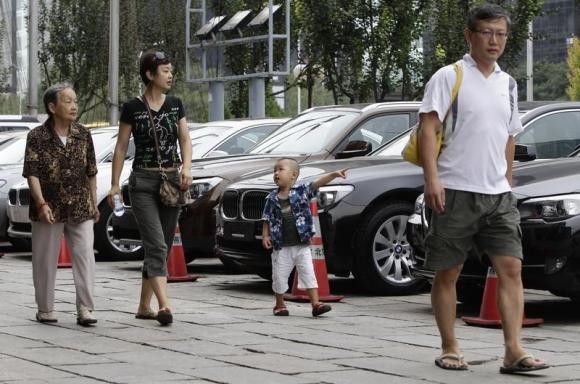The All-China Women’s Federation (ACWF), through its vice president Meng Xiaosi, has recently proposed a law promoting family education, urging that such legislation should be one of the priorities of China’s top lawmakers.
ACWF announced its proposal during the ongoing 12th session of the National Committee of the Chinese People's Political Consultative Conference (CPPCC). The federation is a member of China's top advisory body.
The proposal calls for the National People's Congress to pass on a law that creates family education awareness. This will consequently aid the government in providing related public service and sound, reasonable, all-encompassing guidance about family education.
Meng stressed that family education is an issue that does not only involve individual interests, but also the family's happiness and the country's competitiveness.
"Family education is the first, all-around and most important education an individual can get," she emphasized.
According to Meng, family education is composed of public and personal aspects. Investments from both Chinese families and the government are needed to pursue a quality family education.
Meng said that the government's role here mainly delves on bringing necessary public services to the families and on legislating related, appropriate measures.
In an ACWF survey, 90 percent of the respondents reflected the federation's view of the significance of family education in personal growth. A huge 74 percent also stated that it is necessary to regulate related services.
Back in 2011, China's Ministry of Education studied the issue and proposed the rationale behind and the provisions that will constitute a law to promote family education.
Meanwhile, Meng explained that the name "Family Education Promotion Law" is a reflection of the family's main role in such education. She also stated that the government's role is only a supportive one.
The ACWF vice president also added that "the core function of the Family Education Promotion Law is for promotion and regulation."
"It's urgent and inevitable to start making family education law," she added.
The proposal's main contents include the definition of family education, its fundamental principles and working mechanism; special measures regarding the education (measures that focus on those left-behind, disabled, street children, and those with economic difficulties); and legal responsibility.



























